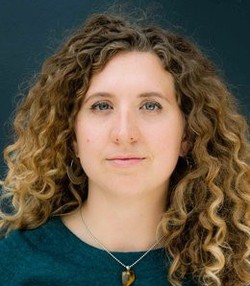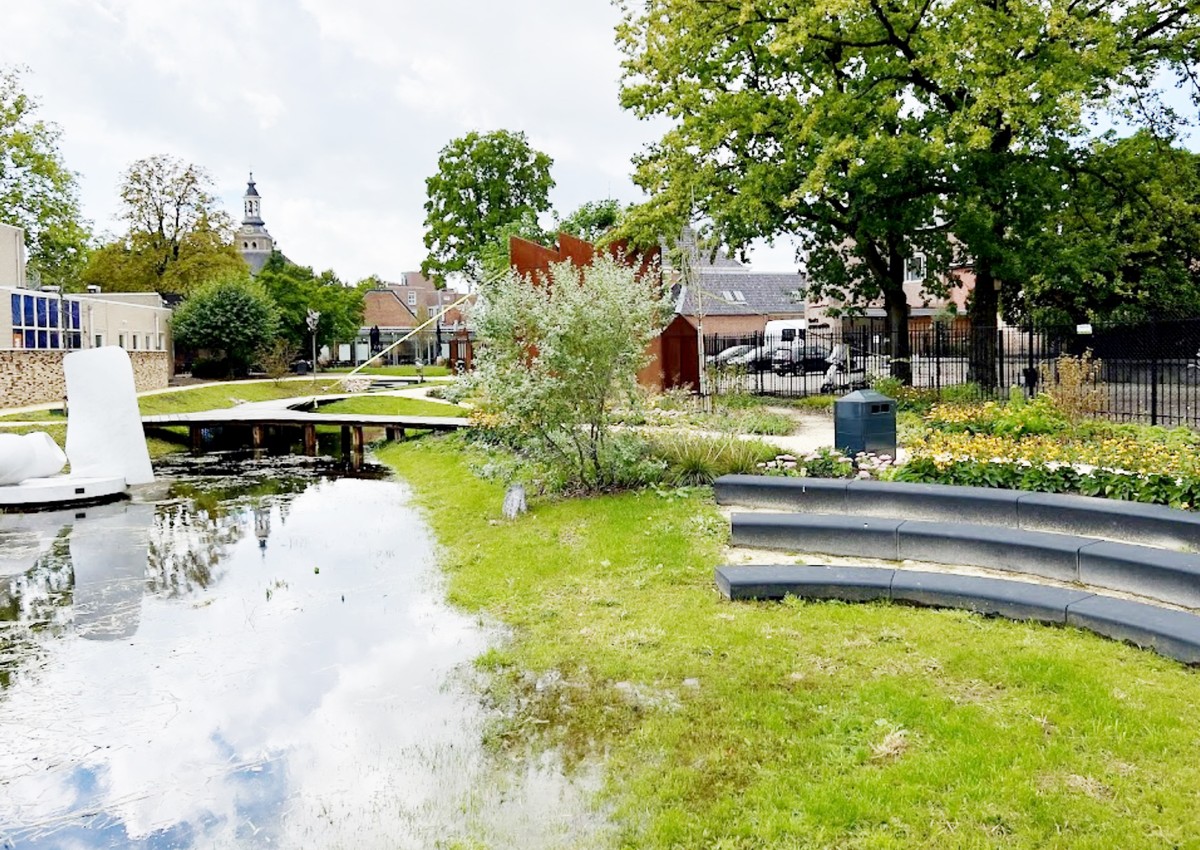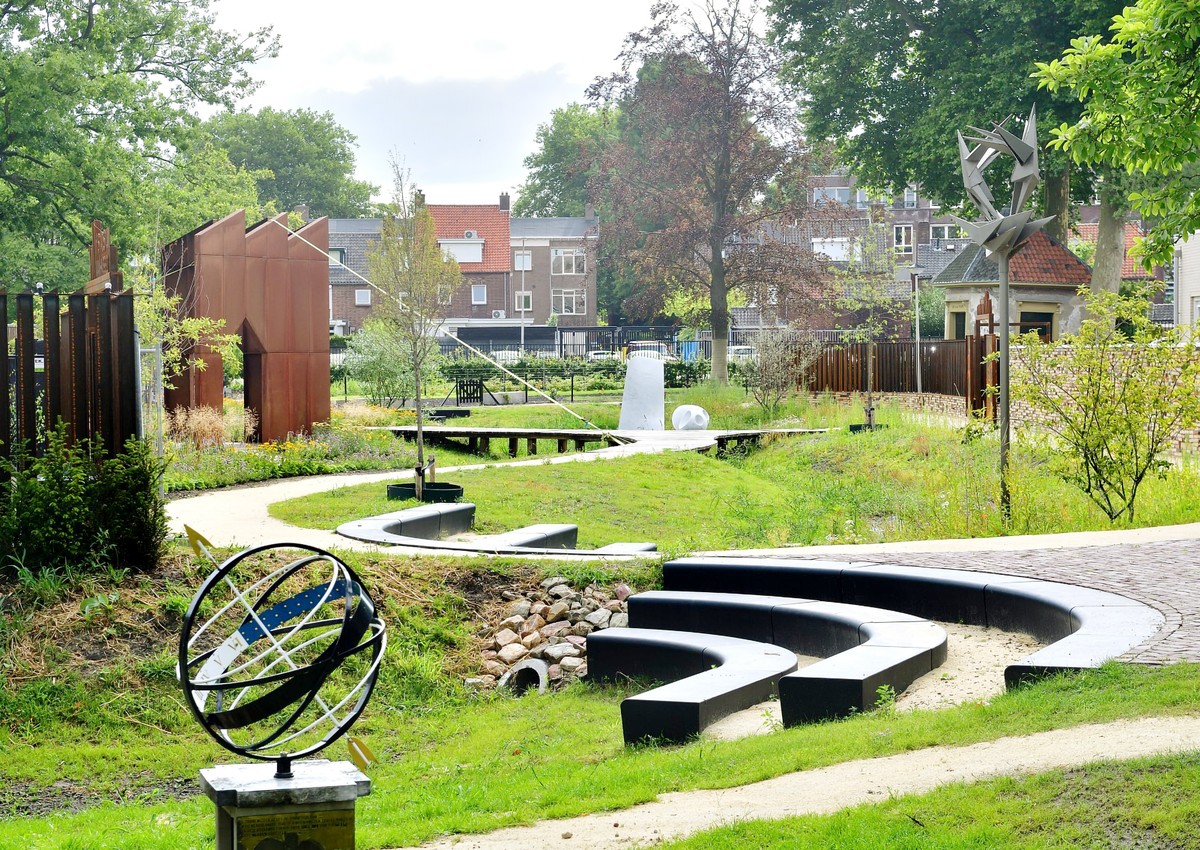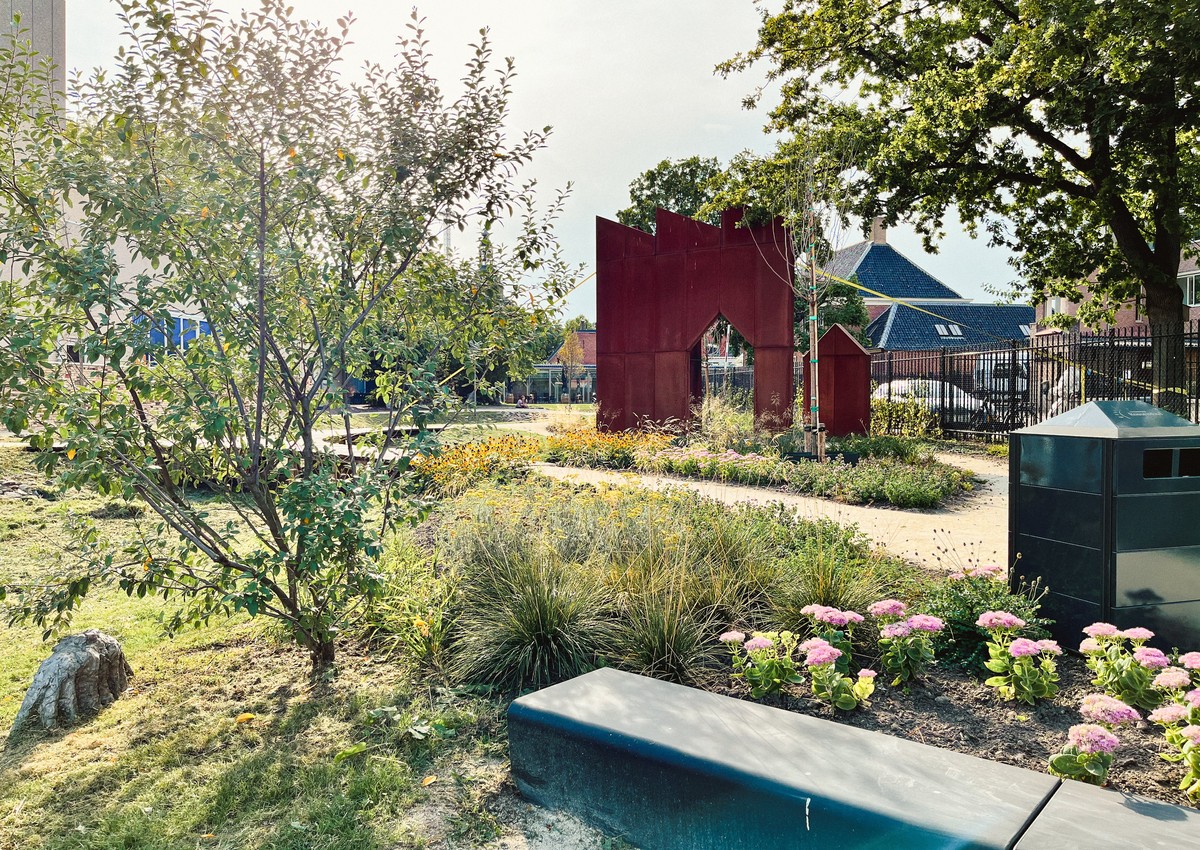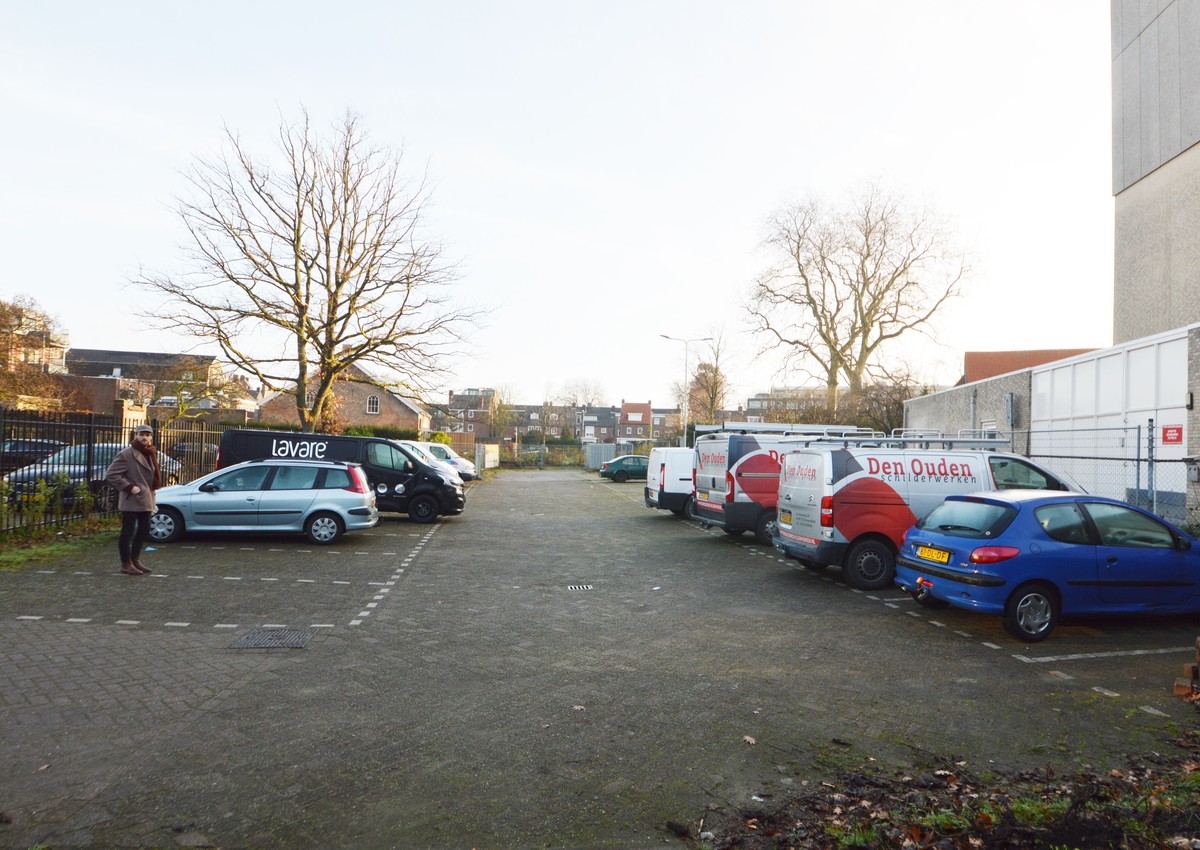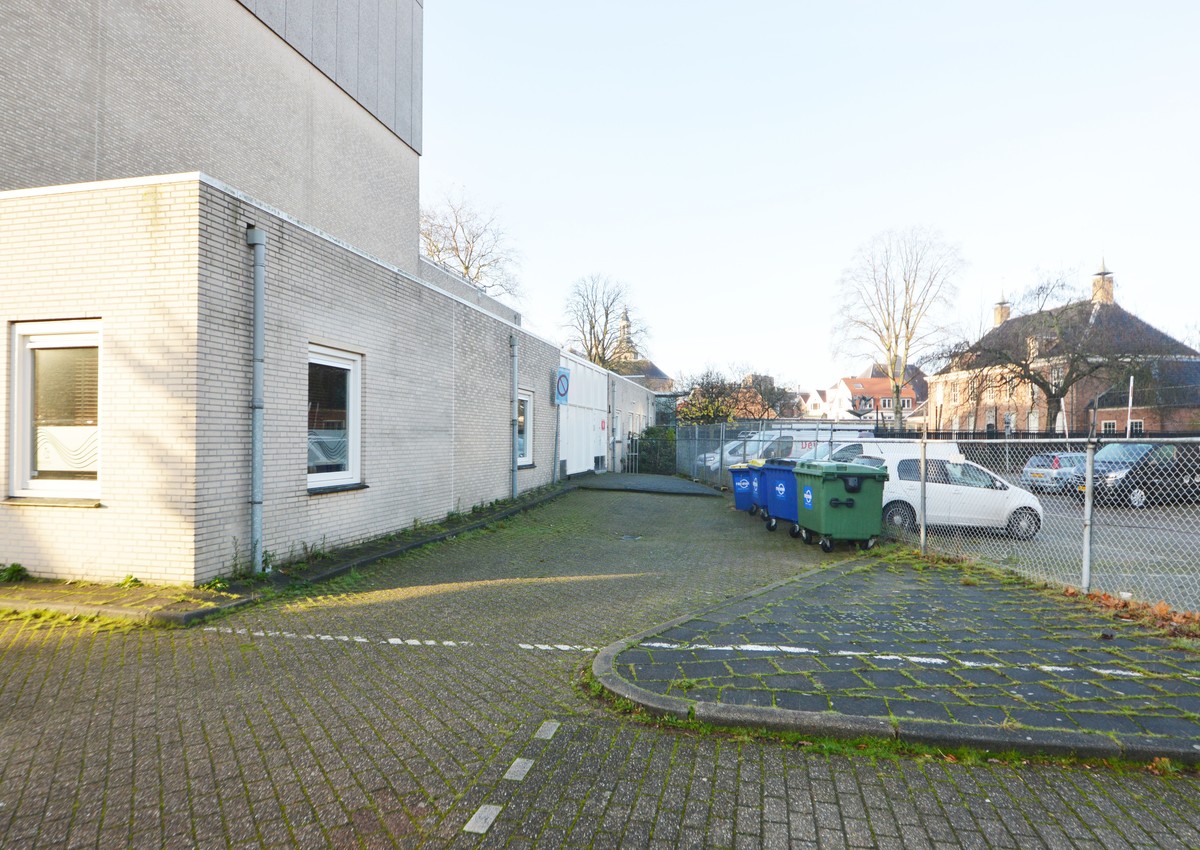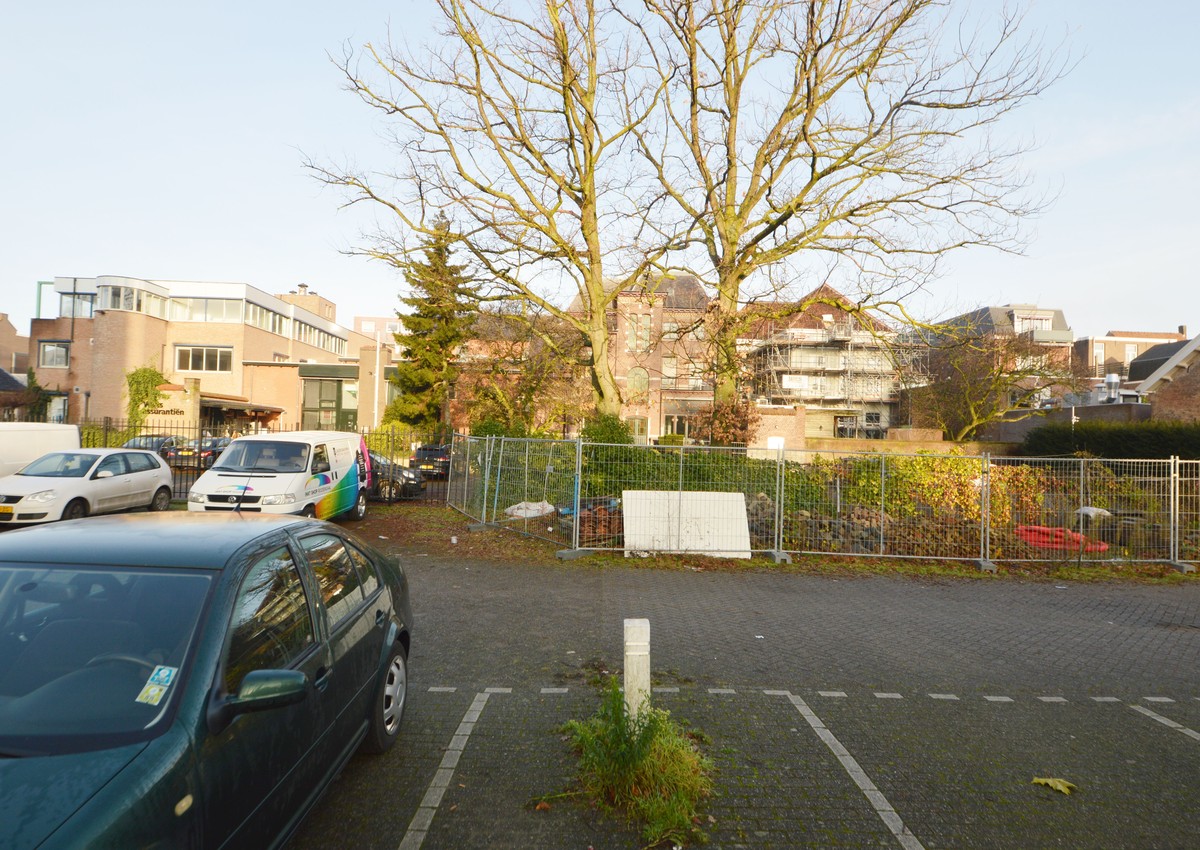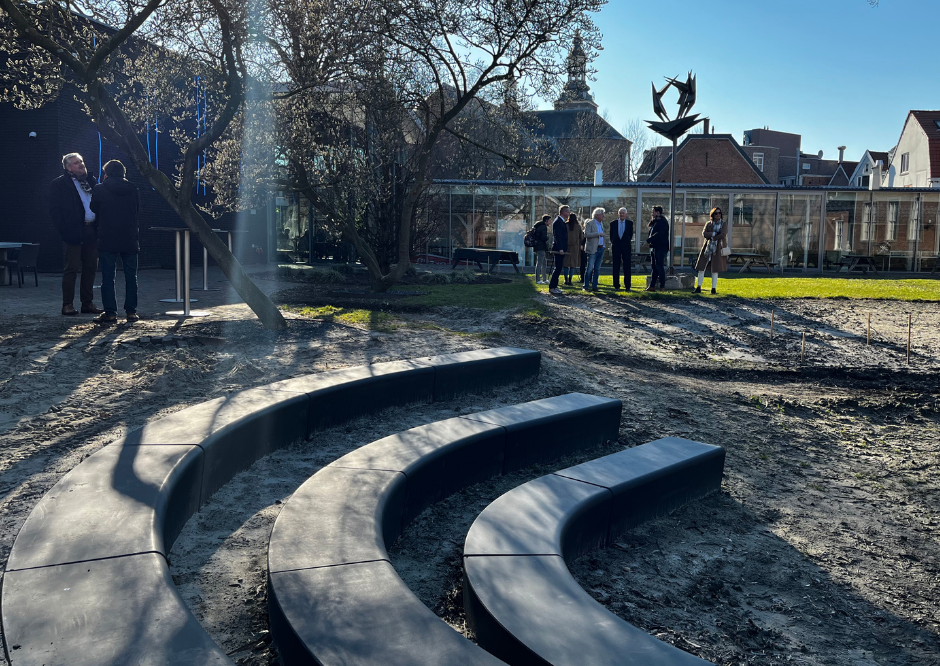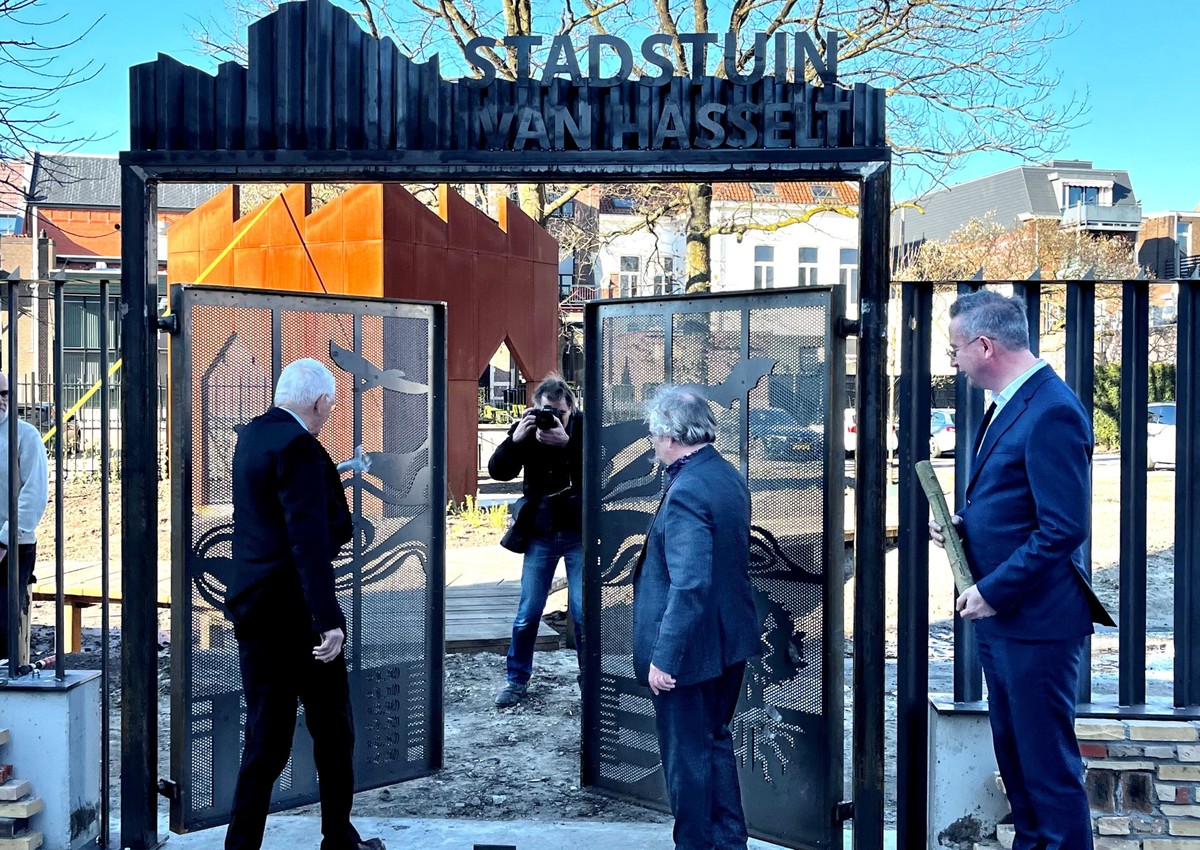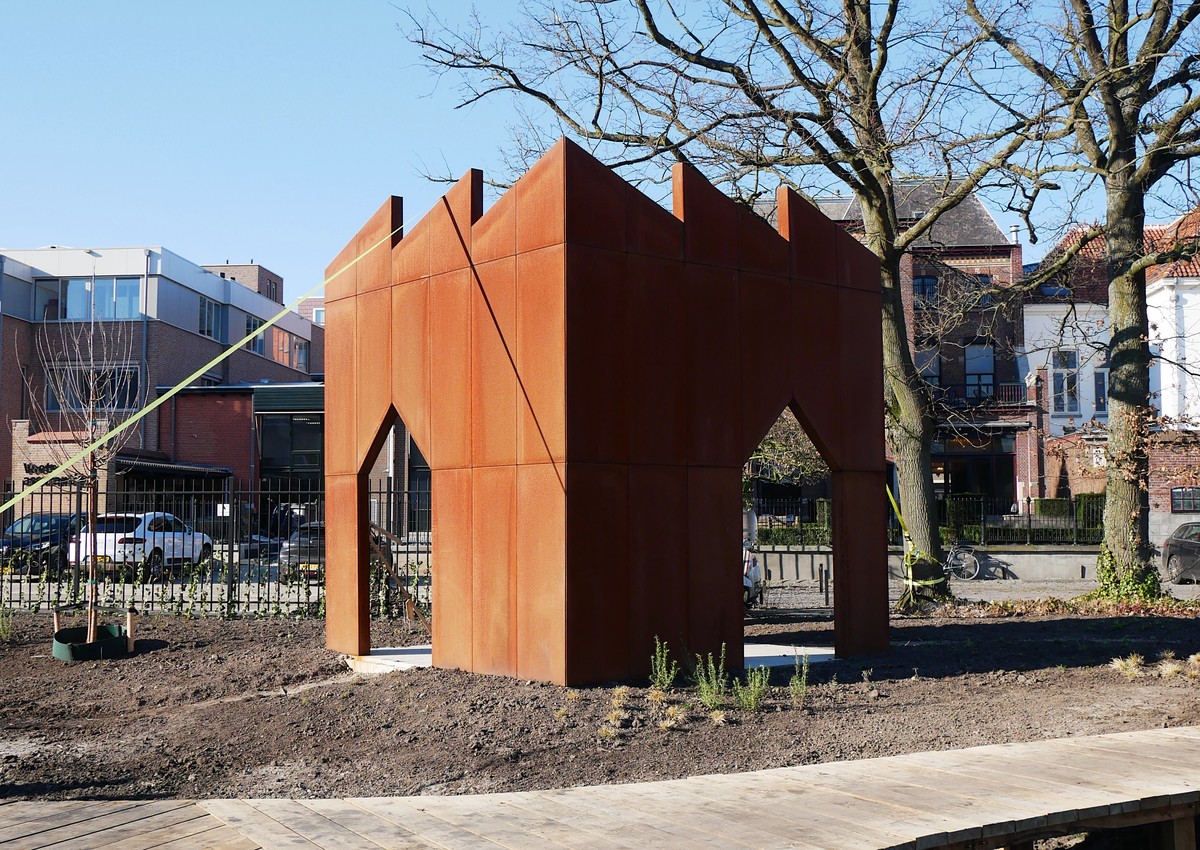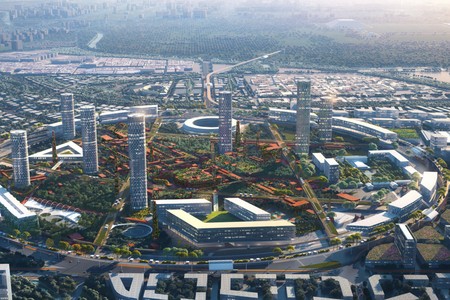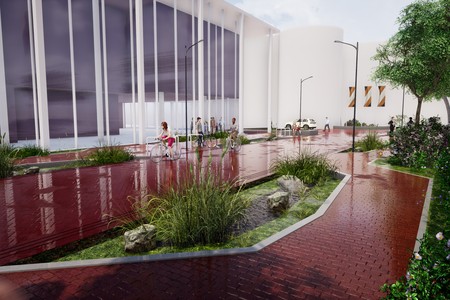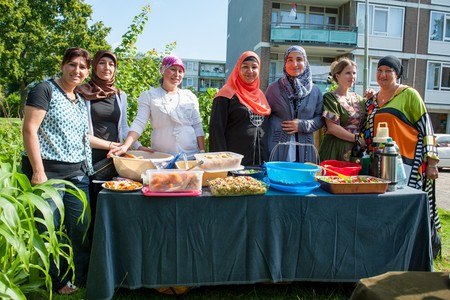Van Hasselt's Urban Garden is a transformation of an inner-city parking lot into a climate-adaptive and biodiverse urban garden in the city of Roosendaal in the Netherlands. Designed together with the municipality of Roosendaal, the garden is a unique showcase for nature-inclusive design and climate adaptation. The park boosts biodiversity through a variety of habitats, retains rainwater and reduces the urban heat island effect. The Urban Garden contributes to an attractive urban environment that invites users to interact with and learn about cultural history, urban ecology, and our changing climate. The increase in patronage also contributes to the area's vibrancy and safety.
The innovation and true value of the park lie in the combination of unique and practical features: the water retention landscape and the urban green, the wide selection of diverse and edible plant life, and a compact yet comfortable and inspiring outdoor space that invites social connectivity, education, and entertainment.
Additionally, the parks utilize recycled and accessible maintenance-free materials, lowering embedded energy and, when paired with the climate adaptive features, allowing the park to more naturally evolve, like a natural landscape, but also to be modified for new uses over time.
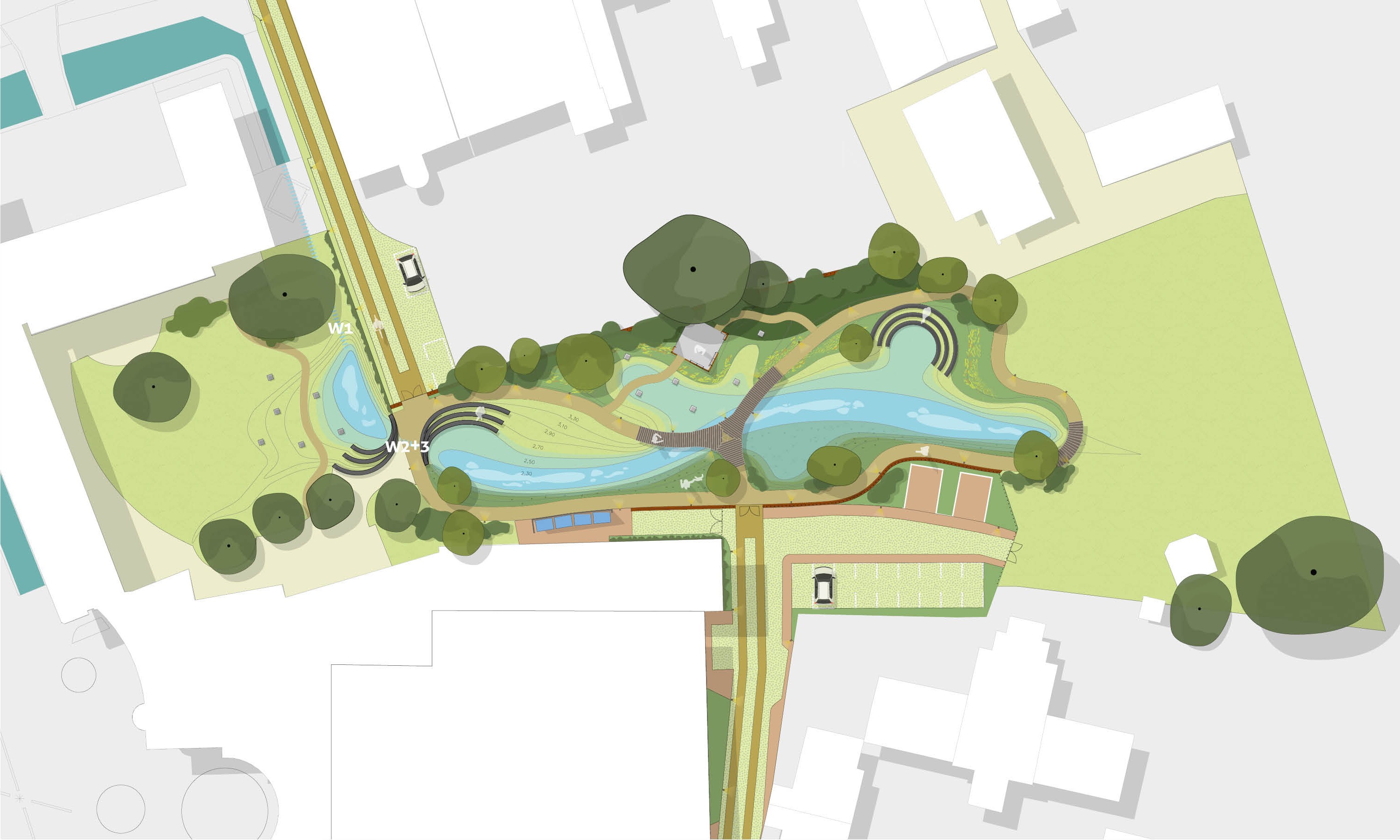
Description of masterplan
The overall design follows the central wadi's form and interconnectedness of the surrounding butterfly-shaped pathways. Around this space are three main areas and specially designed low-rise seating creating small amphitheaters, and providing opportunities for outdoor classes, readings, and small-scale performances. A selection of Roosendaal's sculpture collection can be found in this part of the garden.
Paths lead away from the wadi to an extended narrow area that connects users to the park's other garden spaces: the Tongerlotuin in the west and the Theehuistuin in the east.
In the Tongerlotuin, the pathways link up with the existing paving and form a small section around the theater to create a new garden. A culvert connects the central wadi to a smaller wadi in the Tongerlotuin.
The design incorporates changing experiences by season and weather and provides a place for residents and users of the park to observe the effects of our changing climate. Some paths won't be accessible after heavy rain storms, and some of the sculptures will seem to 'float' upon the water.
Climate-adaptive design
At the heart of the park is a central wadi. Connected to the surrounding neighborhood's roofs, it collects their runoff and can store over 1000m3 of rainwater. After heavy rain, the gardens are transformed into a temporary reservoir, easing the burden on the area's water management and flood risk and creating a different space and experience for its users.
Aside from acting as an area of water retention and future-proofing infrastructure, the integrated approach transforms the former paved area. Once attracting and holding excessive heat in the warmer months, now as an urban garden and largely uncovered space, the soil can breathe and absorb heat to reduce the heat island effect.
The park's current site was initially used as inner-city parking lot
Enhanced local biodiversity
This project is part of a broader strategy from the municipality: "Roosendaal Future Proof." The program aims to formulate various climate adaptive and green areas in the city center, providing habitats for birds, bats, insects, and amphibians. "Van Hasselt's Urban Garden" is one of these green hubs.
No lights are integrated into the park, helping to preserve the darkness and reduce light pollution for the comfort of the wildlife. The park is divided into four zones creating a patchwork landscape of diverse vegetation:
- a grassy lawn
- a small swamp and reed bed
- a food forest area for herbs and shrubs
- green borders of higher vegetation
Additionally, there is a selection of over 25 edible plants, such as mulberry, blueberry, and medlar. The herb garden, featuring rosemary, sage, and fennel, is used by the restaurant for cooking and as tea.
In support of wellbeing
The people-focused landscape design invites visitors to enjoy the park and ensures enough varied spaces to rest and relax, socialize, learn, and play. Many studies have shown the benefits of such a green urban environment on the mental health and wellbeing. This park aims to help nearby residents, visitors, and citizens across the city of Roosendaal engage with nature, lower their stress and create joy.
The species used helps to highlight seasonal and weather-related changes. This heightens the awareness of environmental change and ensures it's a very different but always attractive and interesting place to visit all year round.
Grand Opening in March 2022
Bolstering social cohesion
The garden invites visitors at all times of the day and is purposefully designed for education on urban ecology, the climate, and water cycles and management. Except ensured sufficient seating areas and small amphitheaters to encourage educators and artists to utilize the space for outdoor classes and small-scale performances.
Aside from its function as a vital green oasis in the historical Roosendaal city center, the design ensures the right infrastructure to facilitate a range of cultural events and exhibitions. The park evolved to become a sculptural garden, partnered with Museum Tongerlo and Theater De Kring and restaurant in the monumental "Koetshuis." To facilitate cultural events and exhibitions all the infrastructure is present.
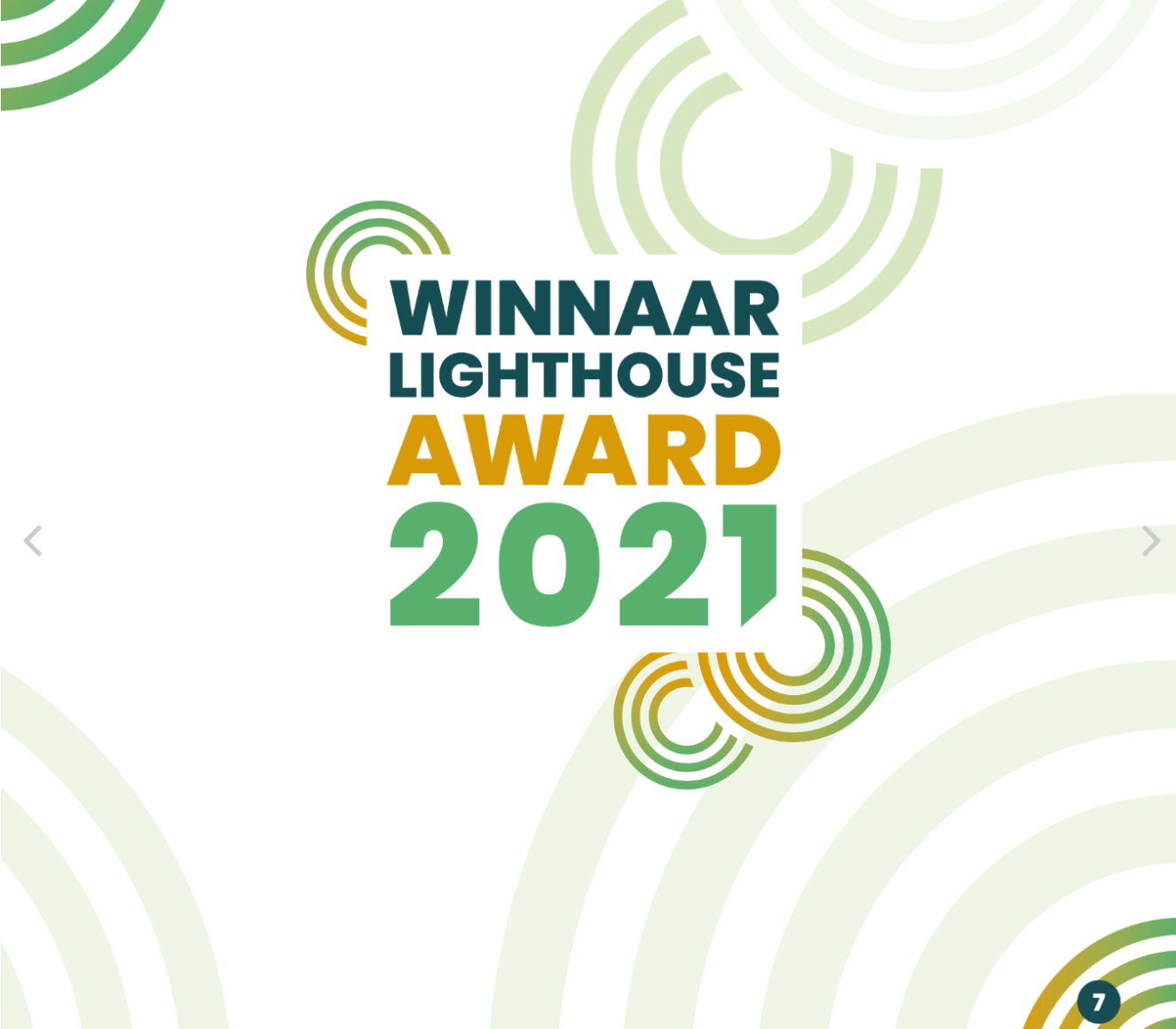
Except wins Lighthouse Award for Stadstuin van Hasselt
Every year, the Lighthouse Club presents the Lighthouse Award, focusing on a current theme that stimulates societal discourse. Under the motto 'we can stand the rain!', awards were given to smart ideas for a water-resistant built environment. Except Integrated Sustainability won the award with Stadstuin van Hasselt, an innovation to anticipate the looming water issues caused by climate change. This theme is painfully relevant following the recent floods in the southern regions of the Netherlands, Belgium, and Germany.
The jury finds the way in which a dull parking lot is transformed into an engaging water-retaining city garden extremely inspiring. Except Integrated Sustainability, the municipality of Roosendaal, and Engineering firm RHDHV received the Lighthouse Award 2021 on September 10th at the Annual Day of the Lighthouse Club Netherlands at the HEMbrugterrein in Zaanstad.
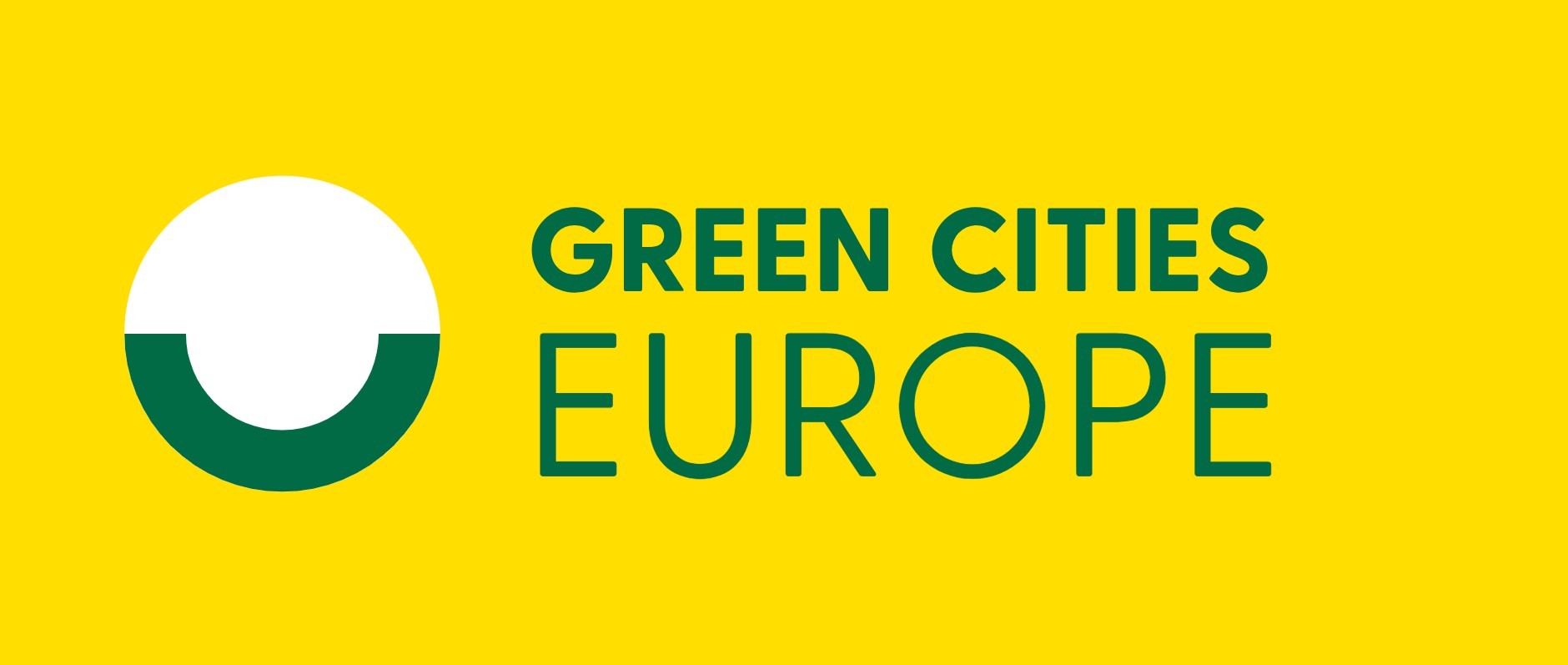
Stadstuin Van Hasselt awarded 2nd place by Green Cities Europe 2022
At the end of 2022 we were humbled for our design of Van Hasslet's Urban Garden to receive 2nd place in the Dutch round of the international Green Cities Europe Award 2022.
As stated by jury chairman Daan Bruggink, on the Municipality of Roosendaal and Except's submission:
"Van Hasselt's Urban Garden from Roosendaal finished in second place with only a few points difference. “It is a very good example of greening inner-city areas. Beautiful design, well fitted, water retention, everything has been thought of in a beautiful integral design. A clear natural improvement of the place and environment, with good promotion of nature and biodiversity,”
Follow this link to learn more about Green Cities Europe Award.
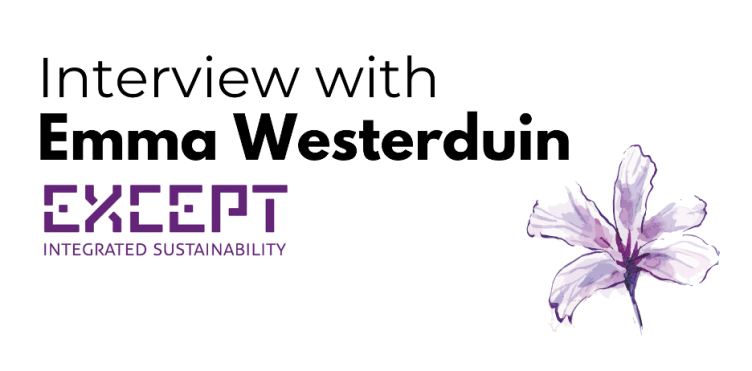
Biophillic Design interviews Except
Biophilic Design interviewed Emma Westerduin, architect and head of Except's design team, about the award winning garden, our sustainability ethos, and our focus on community. Of particular interest to Biophillic Design is the integration of ecosystem services and features that encourages biodiversity in the city, diverse garden spaces, and other projects we have worked on that embrace similar concept and philosophies.
Biophillic Spotlight: Interview with Emma Westerduin
Stakeholders involved in the project
This project is made possible by the cooperation with the municipality of Roosendaal, Schouwburg De Kring, Museum Tongerlohuys, Het Koetshuis and Alwell.
Contact us to inquire about climate proofing cities or our services.
Feb. 4, 2021
Client & Partners
Project team
-
Emma Westerduin
Architect and Project Manager
-
Tom Bosschaert
Director
-
-
Eranda Janku
Head of Urban Planning
-
Antonia Sore Architect
-
Khanh Nguyen
Architect and Urban Designer
-
Paul de Graaf MSc. Landscape Architect
Paul de Graaf Ontwerp & Onderzoek
